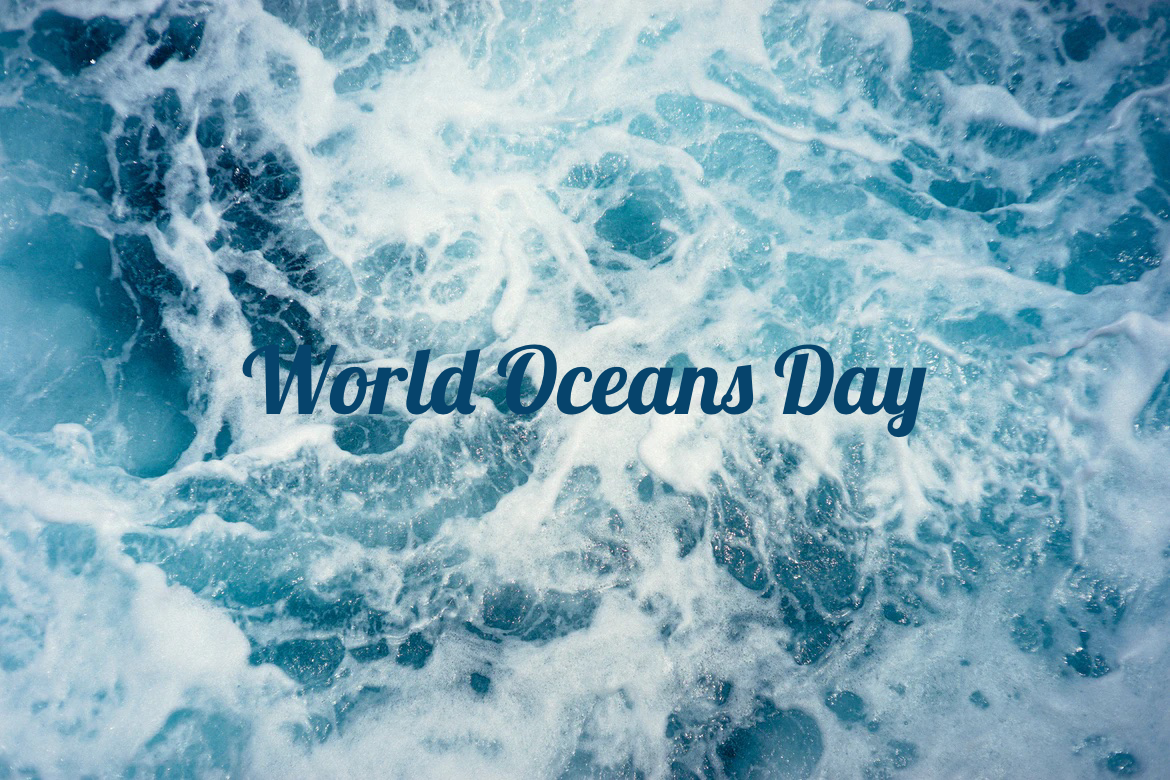World Oceans Day

This year’s World Oceans Day is about ‘revitalisation, collective action for the ocean’, which you could read as the intended call to action the United Nations are undoubtedly hoping for.
Awareness days like WOD are often quick to be shunned, seen as a chance for businesses and corporations to lay out pretty promises and peddle new greenwashed products. Yet they are also a chance to do just as the day suggests: raise awareness. Given that at COP26, 141 countries committed over $19 billion dollars to tackle deforestation, compared to between $20-30 million dollars for the oceans, it’s fair to assume politicians need reminding too.
Corporations making waves
If today’s World Oceans Day event hosted by the United Nations is anything to go by, the focus will be on the private sector, and the collaborative initiatives driving progress towards the 14th Sustainable Development Goal; to conserve and sustainably use the oceans, seas, and marine resources for sustainable development.
Accountability also being key for collective action, the Ocean 100 Dialogues were set up by the World Economic Forum to urge the 100 companies who generate over 60% of all the revenue from the ocean’s economy to recognise their innate stewardship role. The initiative hopes to convene business leaders and encourage key ocean stakeholders to take a leading role in creating a sustainable and equitable ocean economy. Companies involved include Neptune Energy, Carnival Cruise Line and MSC Shipping and Logistics. So, there’s scope for cross-industry impact – one to keep tabs on!
Same storm, different boat…for now
Globally, while we all depend on the ocean, certain countries are already experiencing the effects of rising sea levels and acidification of the sea. The urgency felt by coastal and low-lying communities was conveyed viscerally at COP26 when Simon Kofe, Tuvalu’s foreign minister delivered his speech knee-deep in the ocean.
Yet many would agree we still have the tools and the time to enact sufficient change to protect our oceans. During an interesting panel at the World Economic Forum in May, Columbian minister for environment and sustainable development, Carlos Eduardo Correa Escaf drove home the notion that the best tools are already at our disposal. Offering the example of coastal wetlands that capture carbon dioxide and whose roots create fish nurseries that protect and nurture marine life. These effective carbon “sponges” sequester 4 to 10 tons of CO2 per hectare each year, a rate four times faster than tropical rainforests.
Not just a drop in the ocean
Lots of individual action = collective action. While we mustn’t forget the influence of large corporations on the ocean’s health, there remain ways we can take personal responsibility for our oceans. Whether it’s opting for mineral-based sun creams that don’t leach reef-toxic chemicals into the sea, airdrying your clothes to avoid releasing microplastic into water systems, or supporting local fishing communities where you can, there are ways we can all help!
Written by Anna Butcher, Account Executive, Corporate Reputation
